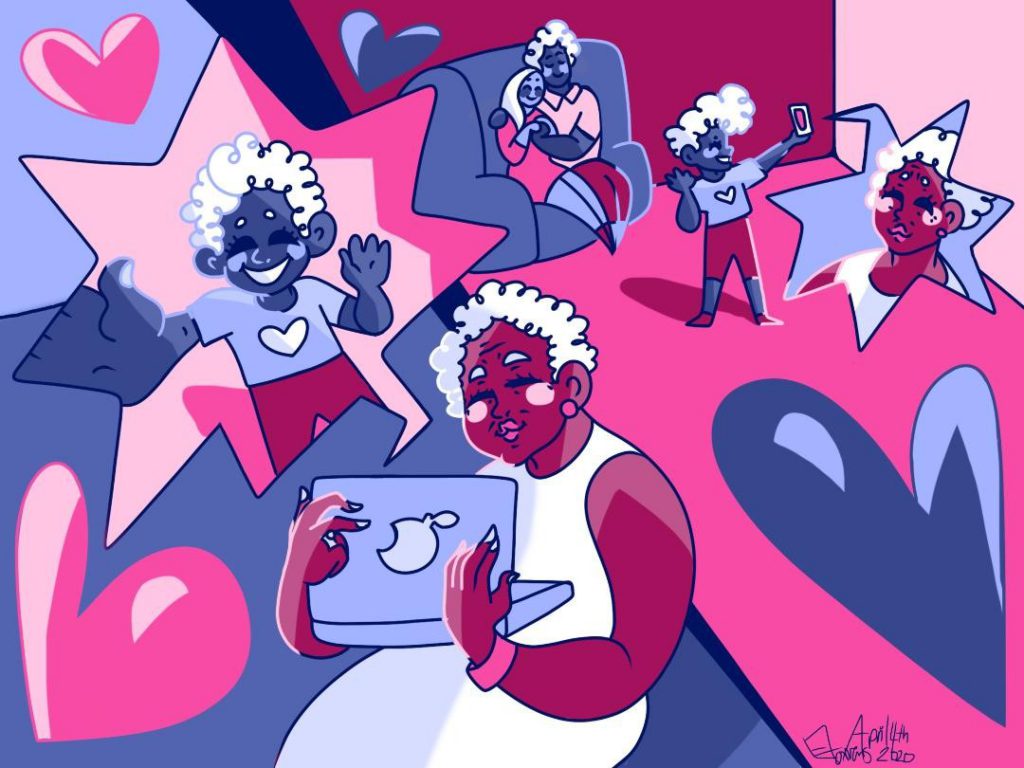Social Distancing Doesn’t Mean Emotional Distancing
The past two months have undoubtedly instilled fear in all of us. In the United States, there are currently more than 525,000 coronavirus cases and more than 20,000 deaths.
Citizens are abiding by stay-at-home orders that states have enacted to prevent the virus from spreading further.
Politicians and healthcare professionals are stressing the importance of practicing social distancing. When we leave our homes to exercise or make essential trips, we must remain six feet apart from others. Due to the mayhem, this pandemic has caused, it is easy to overlook the negative emotional effects this situation is stirring.
Social distancing has made the acclimation period more difficult for many, especially extroverts. No hugging, no holding hands, no affection, no gatherings with more than 10 people, and the list goes on. For naturally gregarious individuals, this can be a nightmare.
As humans, we depend on social interaction for fulfillment and unity; it’s normal for many of us to feel lonely, confused, and helpless when we are deprived of physical contact. We’ve all had to adjust to this new lifestyle. During these times, it may be more common for people to develop unhealthy eating habits, fall prey to substance abuse, and even start to underperform—whether that is academically or professionally.
According to the Centers for Disease Control and Prevention (CDC), we must stay united, even though we’re physically apart. This will allow us to better cope with the stress and anxiety many of us are dealing with. Some activities the CDC recommends people to engage in include exercising, meditating, reading, and disconnecting from social media or news platforms.
Essentially, any activity that will help us decompress will be beneficial to our emotional well-being, which is just as important as our physical well-being.
The psychological toll COVID-19 has taken on parents and low-income families is especially worrisome. A study conducted by the Pew Research Center found that “about one-third of those with young children may be experiencing higher levels of psychological distress.” Numerous parents now find themselves tied to their work-from-home obligations and straddled by the concern of their children’s safety and educational development. They practically have no time to rest or practice some form of self-care.
Needless to say, the financial stress low-income workers are facing is overwhelming. The possibility of not being able to financially provide for themselves or their families is daunting and can lead to anxiety disorders, depression, and even suicidal thoughts.
Although we are socially distancing as a precaution, keep in mind that this is only temporary. We can practice social distancing without isolating emotionally. Skype, FaceTime, and Zoom calls don’t compare to the intimacy we feel when we hug one another, however, for now, it will have to do.
We can still connect with one another to make sure we are safe, in good shape, and emotionally healthy. In these trying times, it is crucial to ensure that our health, both physical and mental, remains a priority.




